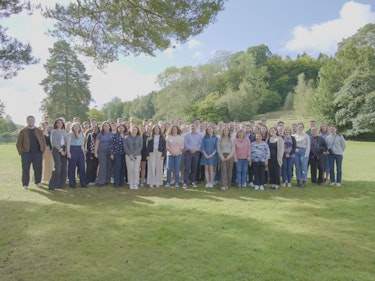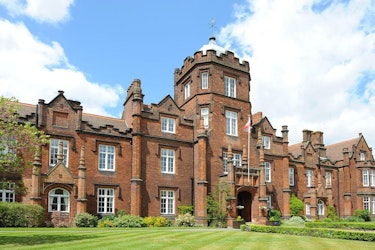The big picture: The University of Suffolk now ranks 124th out of 131 UK universities, making it the 8th lowest-ranked institution nationally. In East Anglia, it sits second from bottom, with Anglia Ruskin University placing lower at 130th, the second-lowest in the country.
By the numbers: Here's how the university scored:
Teaching quality: 82.2% (63rd)
Student experience: 75.1% (96th)
Research quality: 21.8% (108th)
Entry standards: 114 (107th)
Graduate prospects: 72% (93rd)
Continuation rate: 79.7% (128th)
Student-staff ratio: 13.1 (13th)
Total score: 407 (124th)
What it means: The drop in ranking could impact the university's ability to attract students and funding. However, it's important to note that rankings don't tell the whole story of a university's value or student experience.
For example, the university ranks 13th in the country for its student-to-staff ratio, 63rd for teaching quality (around mid-table), 96th for student experience, and 104th for its 2:1 rate.
Regional context: The University of Cambridge remains the top-ranked institution in East Anglia, placing 4th nationally. The University of East Anglia and the University of Essex round out the top three in the region.
What's next: The Times and The Sunday Times Good University Guide 2025 provides detailed profiles and rankings for 134 UK universities. The full guide is available online at thetimes.com/gooduniversityguide.







